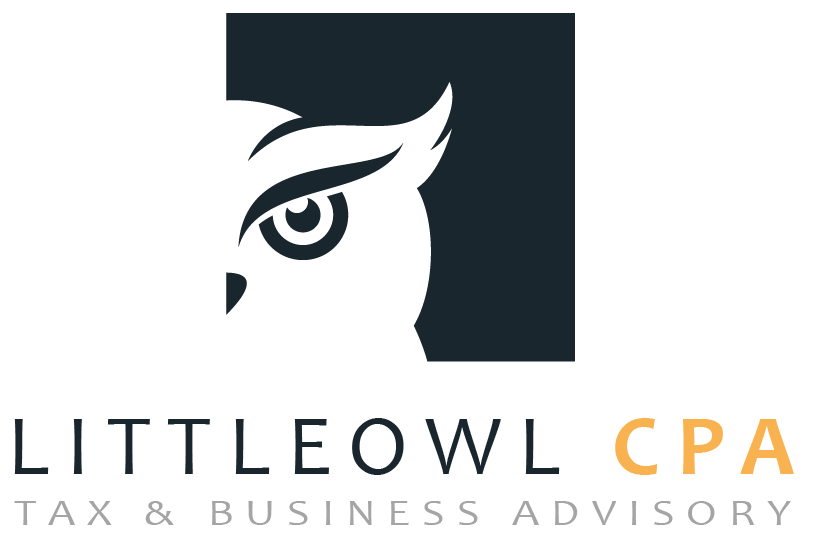At the end of 2020, legislation was introduced that increased the deductibility of business meals expense. However, not all expenses are eligible for the increased deduction. Entertainment expenses remain non-deductible for tax purposes. Meals provided to employees for the convenience of the employer remain 50% deductible. Continue reading to see how the temporary legislative changes will impact your deductions in 2021 and 2022.
100% Deduction for Business Meals
On December 27, 2020, in an effort to help the restaurant industry due to the COVID-19 pandemic, lawmakers enacted a new, temporary 100 percent business meal deduction for calendar years 2021 and 2022. To qualify for the 100 percent deduction, you need a restaurant to provide you with the food or beverages. The business meals must meet the tests for “ordinary and necessary” expenses for your business and cannot be lavish or extravagant.
Ordinary and Necessary
Generally, the IRS guidance on deductible meals requires the client and prospect business meals be an ordinary and necessary expense carried out for a trade or business. The taxpayer (or an employee of the taxpayer) must be present at the furnishing of the food or beverages and must be provided to a current or potential customer, client, consultant or similar business contact.
Ordinary and necessary refers to an expense that is occurred in the regular course of the business and is common, usual, and helpful for most every business.
Lavish and Extravagant
The IRS guidance on deductible meals also requires the the expense is not lavish or extravagant under the circumstances. The law does not define “lavish” or “extravagant,” however, facts and circumstances will dictate what is considered lavish and extravagant in the eyes of the IRS.
Meals and Entertainment
The IRS also requires special consideration for meals expense combined with an entertainment activity. For example, the food and beverages provided during or at an entertainment activity must be purchased separately from the entertainment, or the cost of the food and beverages must be stated separately from the cost of the entertainment on one or more bills, invoices, or receipts to be deductible as meals expense. The entertainment disallowance rule may not be circumvented through inflating the amount charged for food and beverages.


